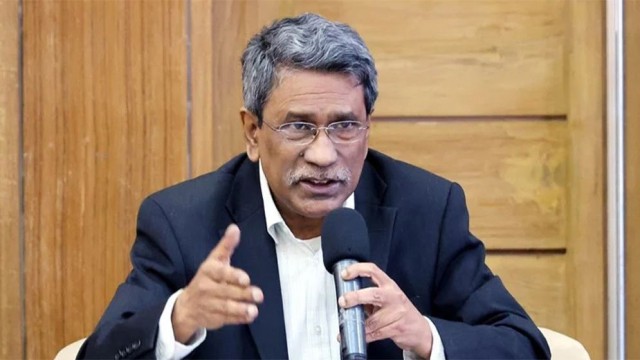Oct 28, V7N- Japan is facing a period of political uncertainty after voters handed Prime Minister Shigeru Ishiba’s ruling coalition a significant defeat in the recent election, leaving no party with a clear majority in the lower house of parliament. Ishiba’s Liberal Democratic Party (LDP) and its coalition partner Komeito lost a substantial number of seats, dropping from 279 to 215. The main opposition, the Constitutional Democratic Party of Japan (CDPJ), saw its seat count rise but still fell short of a majority, creating a power vacuum that could lead to prolonged negotiations.
The election results reflect public dissatisfaction over recent scandals, including unrecorded donations to LDP lawmakers and funding irregularities involving non-endorsed candidates. The LDP’s continued challenges with transparency and the rising cost of living may have contributed to the voter backlash.
As Japan faces economic headwinds, heightened tensions with China and North Korea, and the need to address rising inflation, the LDP may need to form alliances with smaller parties like the Democratic Party for the People (DPP) or the Japan Innovation Party. However, these parties propose policies at odds with the LDP, such as reducing Japan’s 10% sales tax and halting the Bank of Japan’s recent interest rate hikes.
For Ishiba, who became prime minister less than a month ago, these results cast doubt on his political future, with speculation that he may step down or serve as a caretaker leader until a new government is formed. If the LDP cannot secure a stable coalition, the CDPJ and other opposition parties may attempt to form a government, though this remains unlikely given the strength of the LDP's historical hold on power.
Meanwhile, a record 73 women were elected to Japan’s parliament, signaling progress in gender representation in the country's traditionally male-dominated political landscape.
END/WD/RH/






























Comment: